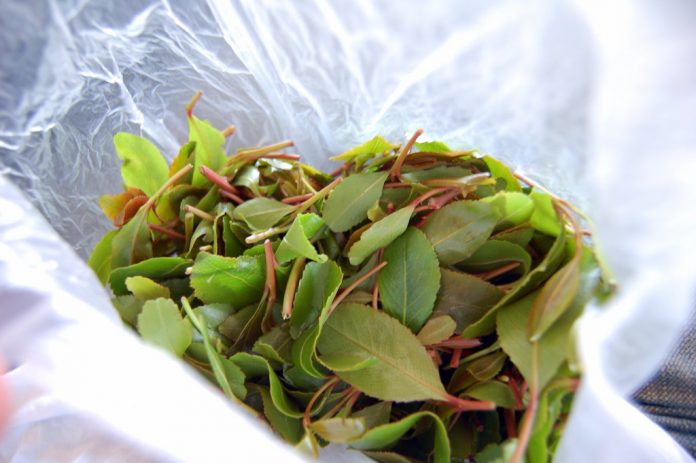The Kenya Bureau of Standards (KEBS) has adopted a new code of practice to oversee hygienic Khat (miraa) production and distribution in the country.
Operators in the miraa supply value chain, such as miraa growers, transporters, and cargo handlers, must follow hygiene practices, ensure sanitary operations, and comply with food packaging requirements, according to the new Kenya National Workshop Agreement (KNWA) – KNWA 2940: 2021, Miraa (Khat) industry Code of Practice.
The code of practice was created in collaboration with the Kenya Plant Health Inspectorate Service and the Ministries of Industrialisation, Trade and Enterprise Development (MoITED), Agriculture, Livestock, Fisheries and Cooperatives – Crop Directorate, Agriculture and Food Authority (AFA), Pharmacy and Poisons Boards (PPB), Government Chemist, and the Kenya Plant Health Inspectorate Service (KEPHIS).’
They will also be expected to preserve necessary documents and a labeling system that indicate traceability, as well as follow any standards for worker health, safety, and welfare.
